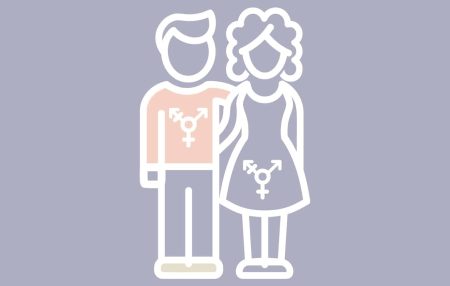28 July 2020
A decision to undertake a direct to consumer genetic test is a big step. In addition to offering insight into an individual’s health and disease risk, it can help trace a biological parent and biological relatives. In doing so, it can raise complex and challenging legal and wider issues about paternity and maternity, infidelity, the nature of family relationships, birth certificates, financial and inheritance claims and citizenship and nationality.
Ancestry
There can be a variety of reasons for wanting to trace a biological parent or biological relatives. These can include a desire to:
- Inform an individual’s sense of identity.
- Increase understanding about family health and genetic legacy.
- Trace an absent biological parent.
- Trace an egg or sperm donor.
- Build and expand family networks.
- Compile family trees and gain understanding about family ancestry and lineage.
In doing so, this can lead to unexpected discoveries about conception, maternity and paternity and unknown siblings and relatives. It can throw up information that challenges established family history and introduce new narratives associated with fertility treatment, egg and sperm donation, unplanned pregnancy, love, failed relationships and loss. Whilst the results of direct to consumer genetic tests can be beneficial and have positive outcomes, they can also cause distress and have a serious impact on individuals and families in the absence of careful and skilled management.
Legal parentage
Identifying and tracing a biological parent or donor via a direct to consumer genetic test can also raise complex legal issues and implications about parentage. A biological parent is not always a legal parent. The importance of legal parentage should not be underestimated because it creates a legal relationship between a parent and a child. Legal parentage creates financial rights and responsibilities, including inheritance rights. It can lead to the re-registration of a birth certificate. It can also give rise to a claim for citizenship, nationality and a passport.
Legal parentage can become a minefield depending upon the circumstances of conception as well as the operation of English common law or statute. Resolving issues and disputes around legal parentage and the status, rights and responsibilities that flow from this can require expert navigation of complex fertility and family law. It can create emotionally charged situations, strain relationships and may result in unwanted and unexpected legal proceedings including an application for a declaration of parentage and contested inheritance claims.
The value of specialist fertility and family law advice
Specialist fertility and family law advice can provide legal and practical advice and assistance to help individuals and families navigate direct to consumer genetic testing and the associated family and fertility law issues and implications. It can:
- Advise on options and processes for opening and managing dialogue with biological parents and relatives.
- Provide expert legal advice in respect of legal parentage claims.
- Advise, represent or defend individuals in respect of an application for a declaration of parentage.
- Create a bespoke and viable legal action plan to proactively manage complex family situations and dynamics.




